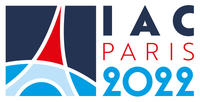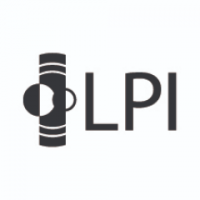›Advancing IDEA in Planetary Science
Meeting Location and Dates
We are happy to announce the Advancing IDEA in Planetary Science virtual conference scheduled for April 25–29, 2022.
Purpose and Scope
Over the last few years, there has been a transformation of thought in the planetary and astrobiological sciences regarding the principles of inclusion, diversity, equity, and accessibility (IDEA). NASA and other planetary science stakeholders have committed to fostering IDEA principles throughout their agencies and funded programs. NASA has added language to standard Announcements of Opportunity, requested information and feedback from the community on agency practices, and added inclusion as a core value. Additionally, for the first time, the Planetary Science and Astrobiology Decadal Survey requested white papers on the state of the profession from the community and will include those findings and recommendations. The Decadal Survey on Astronomy and Astrophysics, which partially includes planetary science, has already released recommendations to advance the field. In the wake of these activities, the LPI’s IDEA conference aims to leverage this momentum to ensure that the planetary science community can take giant leaps to advance IDEA principles in the workforce over the next decade.
The planetary science community has initiated the much-needed conversations to delve into the full breadth of IDEA principles. There are many lessons learned and best practices from the experience of other Science, Technology, Engineering, and Mathematics (STEM) fields. For example, the social sciences have revealed some of the psychological and sociological challenges that communities face when confronting and dismantling structural and systemic problems and have provided evidence-based solutions. In this conference, we will bring together the planetary, astrobiological, and social science communities to (1) lean into lessons learned to date, (2) identify opportunities for improvement by listening to those most impacted in our community, and (3) make recommendations for actionable and tangible measures for advancing IDEA principles within planetary science.
Tweets by spaceagendaTrack this event on your Apple calendar














 Online
Online